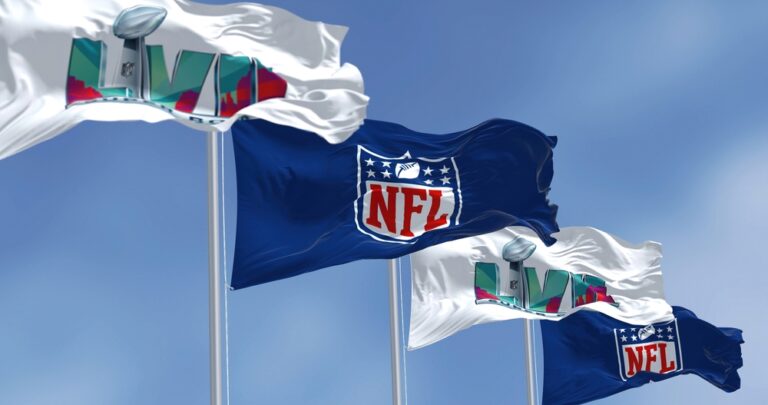In a case that quickly gained national attention, a 23-year-old Florida man named Dillon Shane Webb was arrested for displaying an obscene sticker on the rear window of his pickup truck. The sticker contained a bold, white-lettered phrase that read, “I EAT A**.” This led to an interaction with law enforcement that escalated into an arrest, sparking controversy over the boundaries of free speech.
The Police Confrontation
On the day of the incident, a Columbia County Sheriff’s deputy, Travis English, noticed the sticker and deemed it inappropriate. Pulling Webb over, the officer cited Florida law, which prohibits “any obscene description, photograph, or depiction” displayed on a motor vehicle.
When questioned, Webb asked the officer how the sticker was considered derogatory. English replied by presenting a scenario where a child might see it and ask their parent for an explanation. Webb responded by saying it was the parent’s responsibility to handle such conversations, not his.
The Arrest
Following the exchange, Deputy English offered Webb an opportunity to modify the sticker by removing one of the letters. Webb refused, citing his First Amendment right to free speech. Moments later, the officer, after consulting his supervisor, decided to arrest Webb. He was charged with violating Florida’s obscenity law and an additional count of resisting an officer without violence.

Public Reaction
The arrest quickly went viral, with many social media users siding with Webb. Defenders argued that his arrest was an overreach and that the First Amendment protected his right to display the sticker. Others, however, sided with law enforcement, believing that public decency should take precedence.
Some residents in Florida even bought and displayed similar stickers in solidarity with Webb, turning the arrest into an unexpected form of protest.
Legal Developments
The State Attorney’s Office later dismissed the charges, citing the First Amendment. Webb, feeling his constitutional rights had been violated, filed a lawsuit against the arresting officer and the sheriff’s department for infringing on his First and Fourth Amendment rights.
However, U.S. District Judge Marcia Morales Howard ruled that the arrest was “arguably justified under Florida’s obscenity law” and granted qualified immunity to the officer and his supervisor. This ruling protected them from being sued, leaving Webb without further legal recourse.
Lessons from the Case
This case highlights the ongoing debate surrounding free speech in the United States. It raises important questions about where the line is drawn between personal expression and public decency. While some argue that Webb’s arrest was an infringement on his rights, others believe that certain messages should be restricted when displayed in public spaces.
The ruling also underscores the complexities of legal protections for law enforcement, as officers often operate in gray areas when enforcing laws concerning public obscenity.



